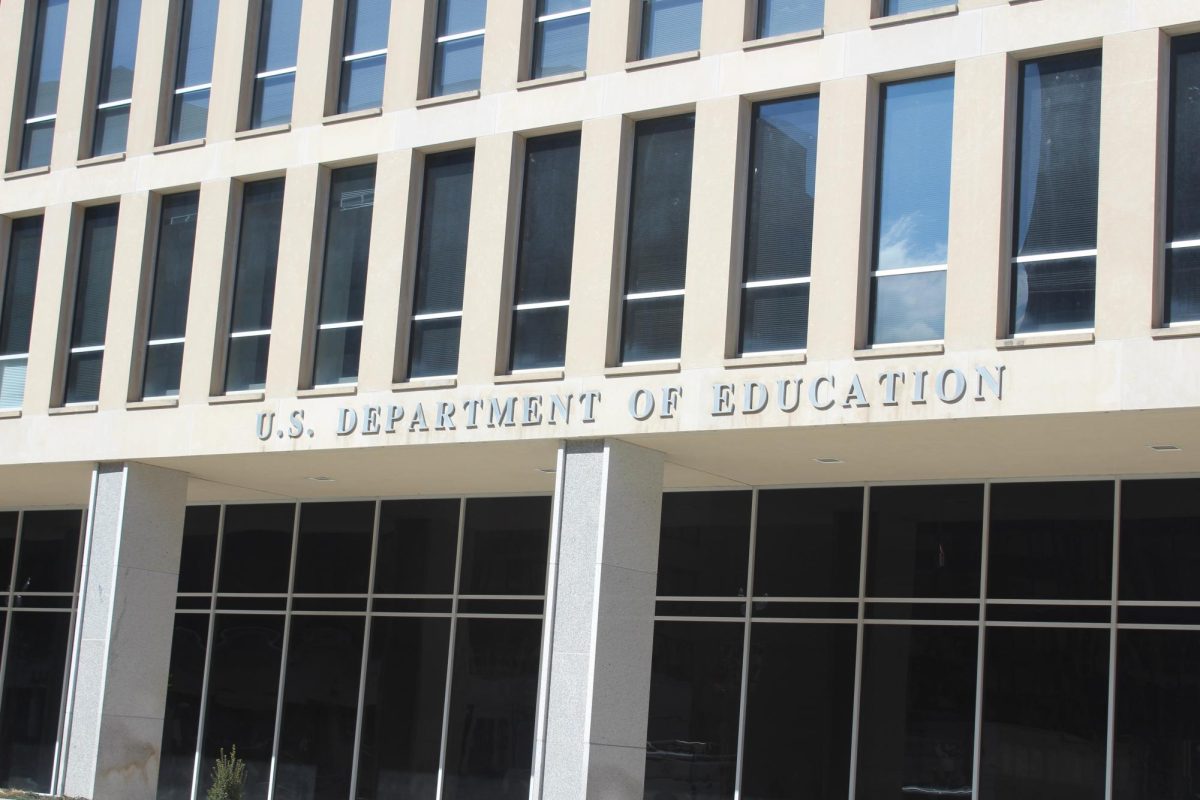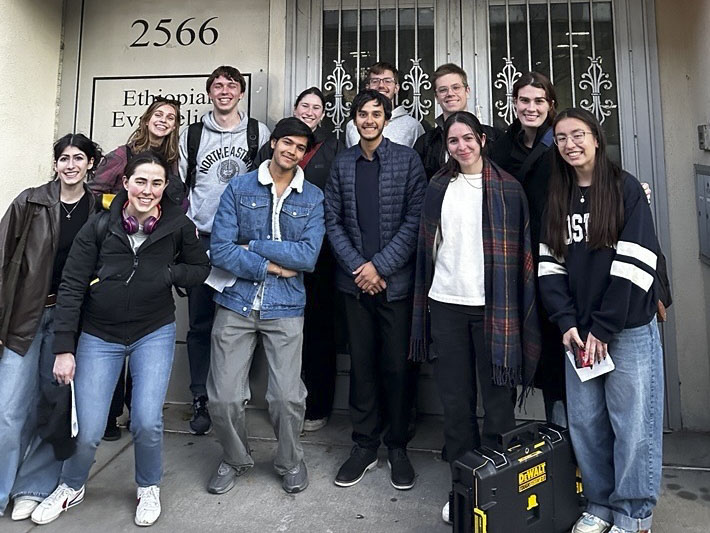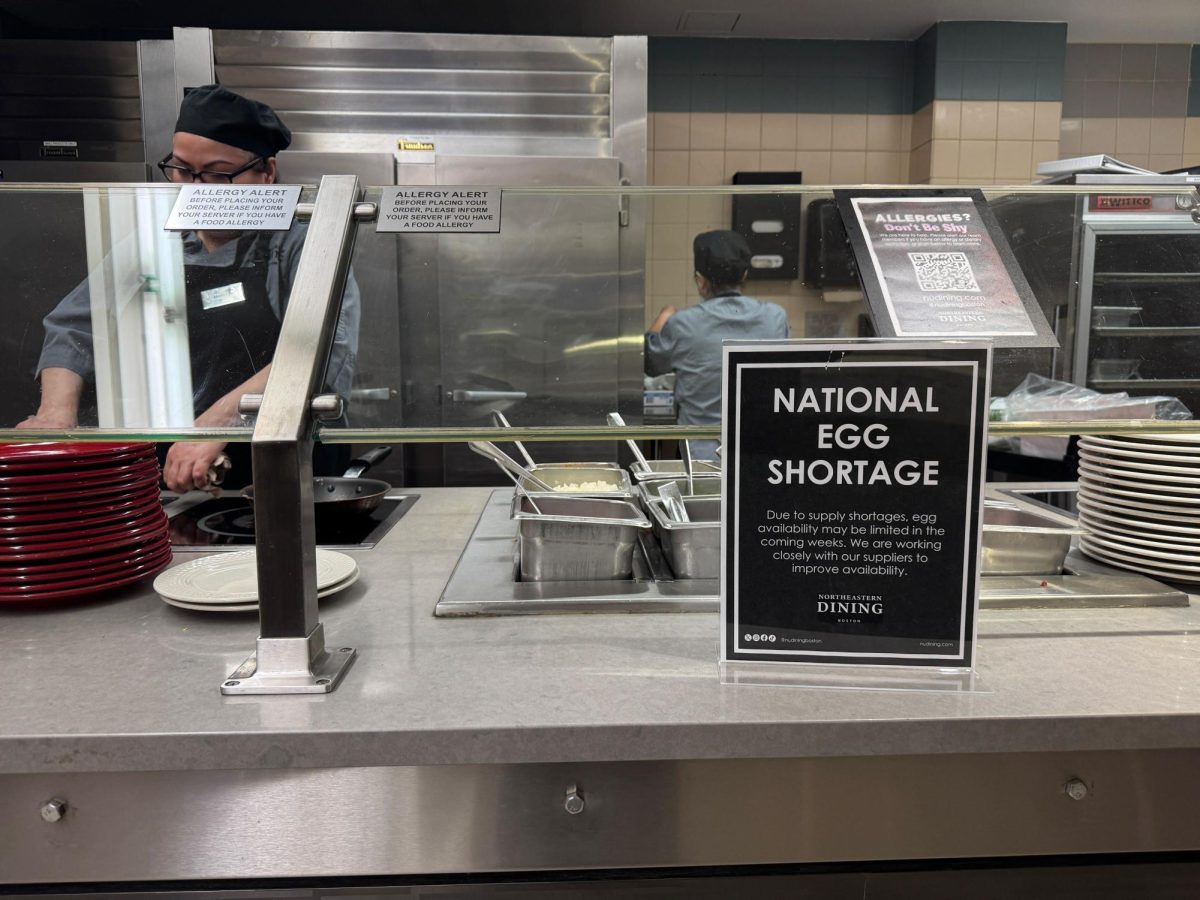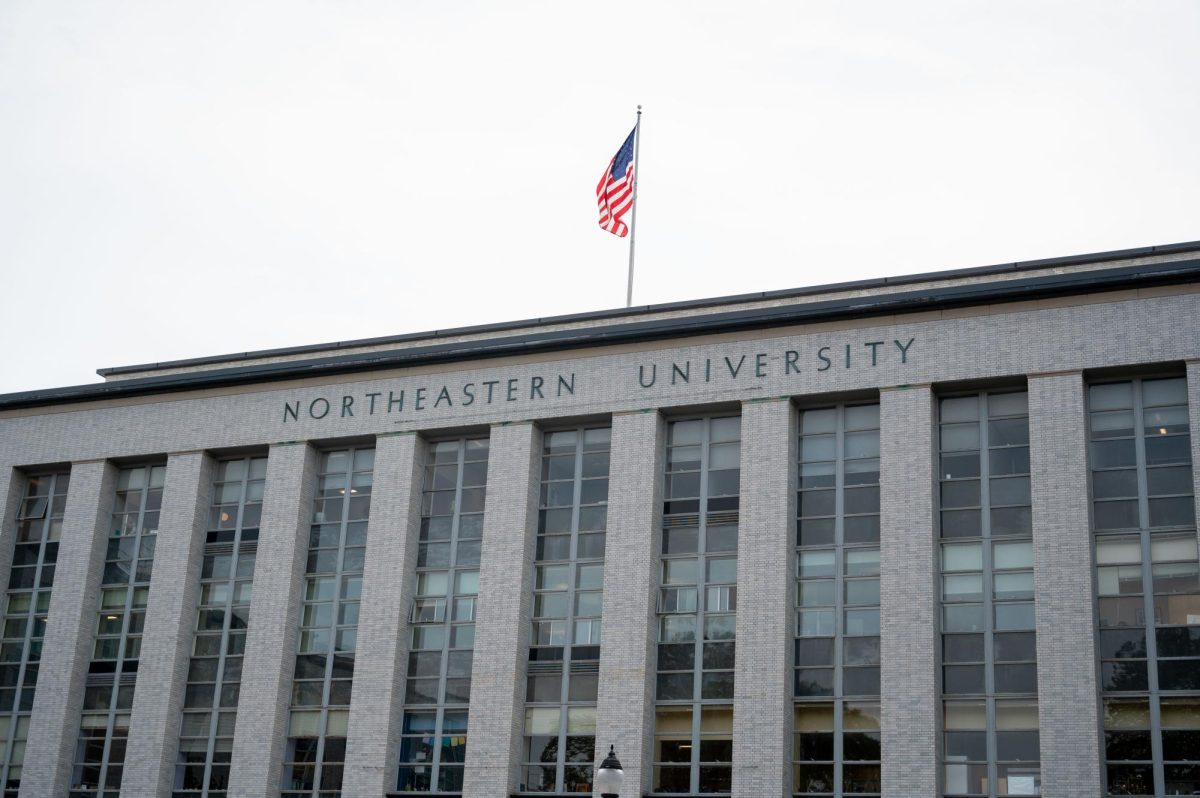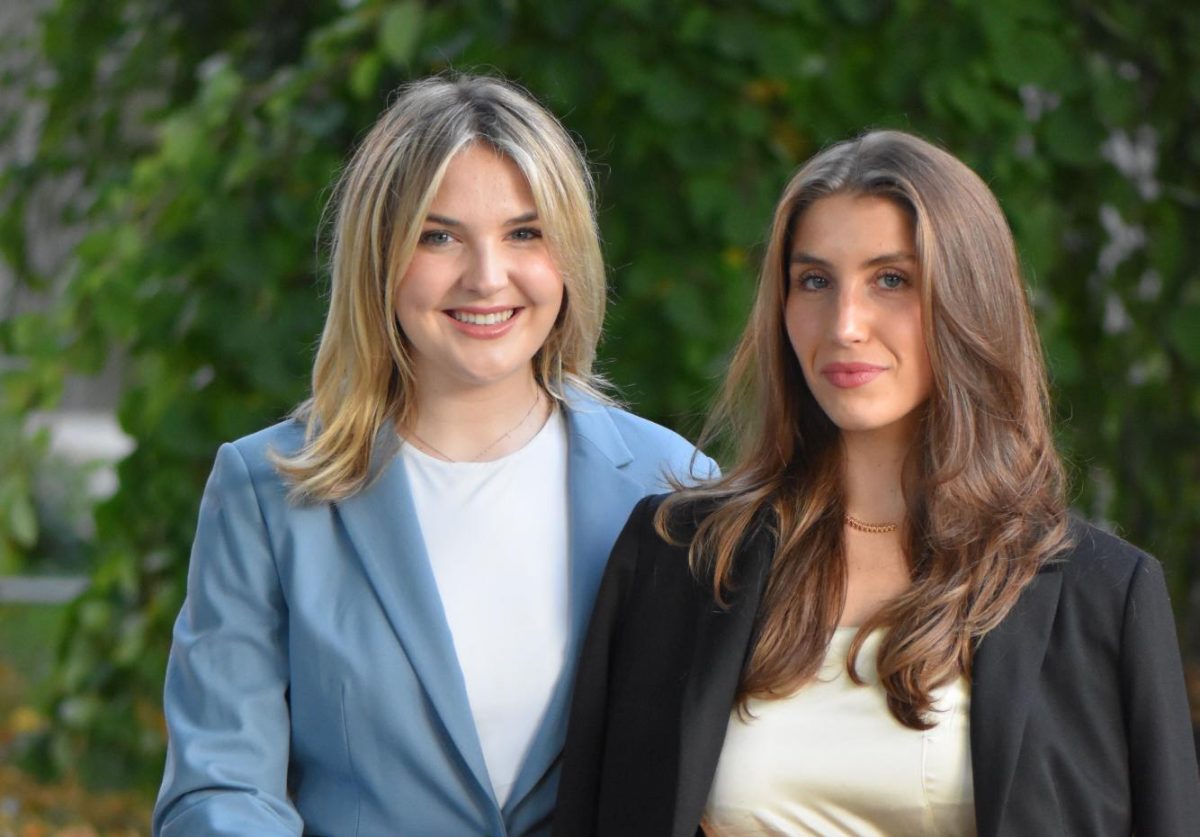My name is Boun Sandraow and I am a refugee of Laos. I have been living in the Boston area since 1990 and I am grateful to be a citizen of this country. It is my wish to enlighten the student body of Northeastern University of my life story.
I wish to enlighten Northeastern students of my story with hopes to inspire people of all kinds of race, religion and ethnicity. I wish to enthuse and encourage those losing their hopes and dreams. I believe that publicizing my life story throughout the world will open a gateway for other refugees like me, giving them the ability to find their own way to freedom and dignity.
My intense desire to publicize my life story is not only to inspire people from all over the world, but also to create an awareness of my homeland and my people. I feel my story can help generate publicity and general interest in my homeland that it sorely lacks currently. It is my passion to build a forum for my people and for me to be their voice.
Below is a synopsis of my story and a brief description of my culture. Please contact me if you would like myself and my Community to come educate your school.
Thank you.
Sincerely, Boun Sandraow 65 Calvary St. Waltham, MA 02453 Home Phone: 1 – (781) – 899 – 0981 Email: [email protected] Website: www.bounsandraow.com ————————–
Before he was ten years old, Laotian-born Boun Sandraow had witnessed unspeakable violence, the death of loved ones and the choice between imminent, daily terror or self-exile.
In 1981, accompanied by two childhood friends, Boun heeded his mother’s words – “Follow the Setting Sun” – and embarked on an improbable jungle flight towards the Mekong River.
During the first phase of the children’s deadly journey, they survived on wild fruit and at times their own urine for nourishment. Their only other sustenance was the thoughts of their ancestor’s spirits.
The next several years included forced induction into the Thai rebel army, where he witnessed – and reluctantly participated in – behavior that was shocking to a degree unimaginable to contemporary Americans.
By 1986, exhausted and traumatized by such an unnatural existence, Boun defected and sought asylum from sympathetic Thai officials. For the next three and a half years, Boun traded one kind of deprivation for another. His life in a refugee camp was characterized by loneliness and verbal abuse.
In 1989, life took a positive turn, though, as he was sent to America under a special United Nations program. Boun eventually found himself in Boston, Massachusetts. He was an illiterate, psychologically burdened man-child with little chance of survival in an urban educational mecca.
His subsequent and personal success is even more impressive in light of his burning determination to tell his story, a tale which will disconcert many but which should inspire all. _______________
Boun Sandraow is the President of the Kmhmu [Pronounced: Ka – Moo] Society of Massachusetts, an organization dedicated to ensure the continued cultural practices of the Kmhmu ethnic group, as well as to educate the general public about Kmhmu culture. The Kmhmu ethnic group is populated throughout southeast Asia in such countries as, Thailand, Cambodia, Vietnam and China.
The Kmhmu who originate from Sandraow’s home village, Goong Mong Ghure, located on the mountain slope, approximately five hundred miles away from the city of Louang Namtha, Laos, their perception of the world is limited. Villagers hold the belief that the earth is flat, and at the end of the horizon is the end of the world. To these Kmhmu, they are the only humans who exist. The history of the Kmhmu people is passed down, through word of mouth, from generation to generation.
Goong Mong Ghure is a place entirely without technology. There is no electricity or running water. The Kmhmu’s lives revolve around a seasonal calendar. There are six seasons during a calendar year: Burning, Sowing, Weeding, Harvest, Rest, and Clearing.
Villagers listen to the birds’ songs and insects’ screeching to recognize the changing of these seasons. Each season has a special meaning and purpose, not only in farming but also in villagers everyday lives. The seasons generate changes in daily tasks and duties, in the food consumed, and in the way villagers spend their free time. The seasons determine the course of the Kmhmu’s lives.



